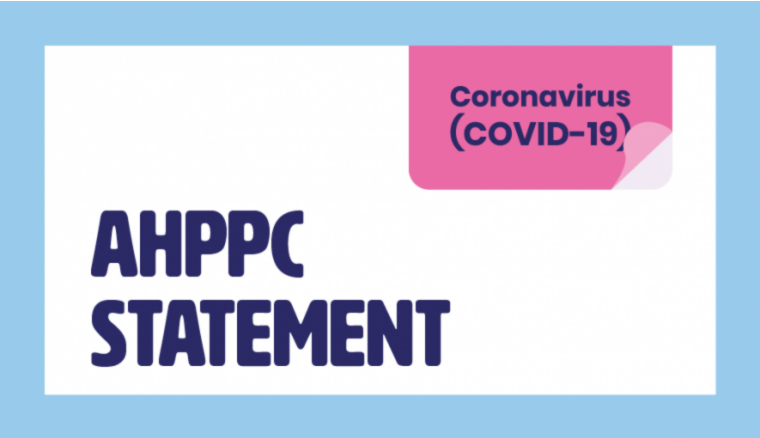
Recommendations to the National Cabinet around management of health risk for Australian crew on international flights
Air crew are essential to maintain the international air bridge between Australia and other nations. These air services are required to repatriate Australian citizens and to ensure the carriage of essential supplies to Australia.
In order to support this service, air crew have been exempt from quarantine. This allowed air crew to have time at home and maintain a semblance of normal life and has ensured that crew were happy and available to staff essential flights.
This approach was supported for several reasons. Firstly, air crew have additional training in infection control management and controls were in place to ensure social distancing. Secondly, air crew do not have the same risk of disease as Australians travelling in areas with community sustained transmission. Air crew travel to locations on Australian air craft and self-isolate whilst away and should return to Australia without having interacted with members of the at risk destination communities.
The recent cluster amongst flight crew raised awareness of the risk of COVID-19 in returning flight crew. It noted specific failures in controls. These have been addressed. In response to concerns around the risk of transmission to the Australian community, AHPPC undertook a review to ensure measures appropriately protect air crew, passengers and the Australian community.
AHPPC Recommendations
AHPPC reviewed the issue and advises that management of health risk to crew, passengers and the Australian community must be based on a systematic risk assessment and application of strict mitigations using the hierarchy of controls. This will require the application of multiple controls providing 'defence in depth.'
These measures include controls at every level noting that higher level controls are preferred. Measures include:
Engineering: If possible use an aircraft with personalised ventilation as this has been shown to reduce cross infection. Higher frequency air exchange and alteration in temperature may also be considered.
Administrative controls
Movement: Movement of passengers and crew can facilitate transmission of disease and should be minimised. Meal and drink service must be minimal or prepackaged.
Seating: Risk of direct transmission is reduced by distance. Crew should be seated away from passengers and appropriate distance should be maintained between crew members where possible.






